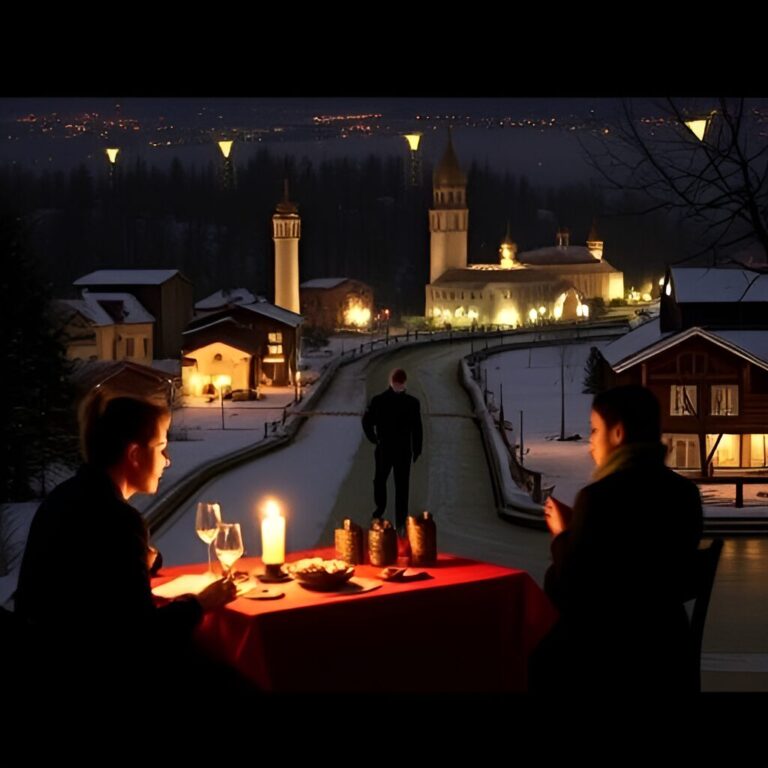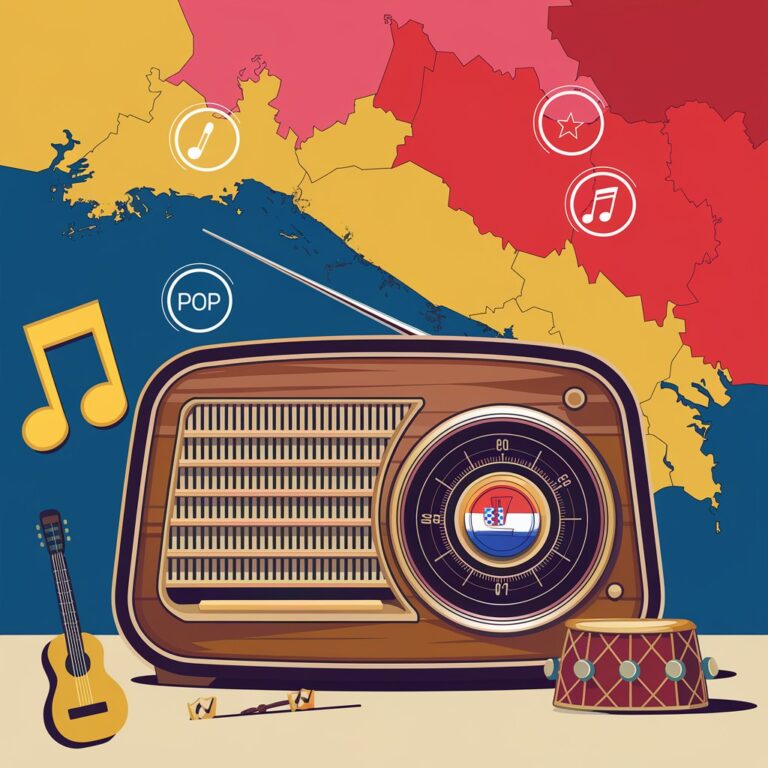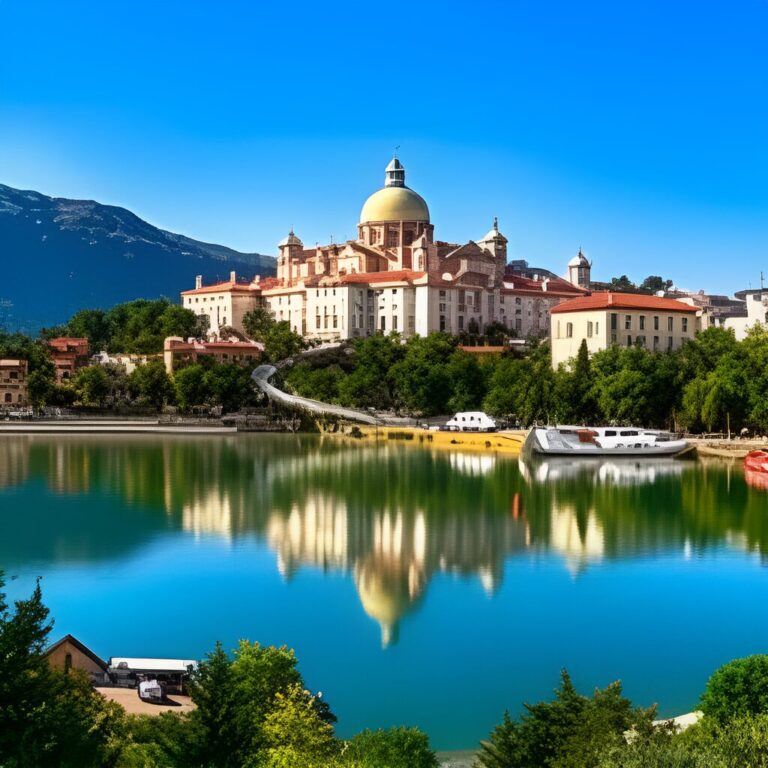Traditional Bosnian folk songs represent a vital aspect of the country’s cultural heritage, embodying the history, struggles, and joys of the Bosnian people. These songs, often passed down through generations, serve as a testament to the rich tapestry of life in Bosnia and Herzegovina. From heartwarming melodies to poignant ballads, Bosnian folk music offers a unique insight into the nation’s soul. This article delves into the origins, significance, and evolution of traditional Bosnian folk songs, celebrating their role as cultural treasures that continue to resonate with audiences today.
Historical Roots of Bosnian Folk Music
The origins of Bosnian folk music can be traced back centuries, influenced by a mix of Slavic, Ottoman, and Mediterranean traditions. These diverse influences have shaped the music into a rich mosaic, characterized by its unique melodies and rhythms. Folk songs were traditionally performed during communal gatherings, celebrations, and religious ceremonies, serving to reinforce social bonds and cultural identity.
Key Characteristics of Traditional Bosnian Folk Songs
Traditional Bosnian folk songs often feature distinctive vocal styles, accompanied by traditional instruments such as the accordion, flute, and tamburica. The songs vary in themes, ranging from love and nature to historical events and social commentary. The poetic lyrics often reflect the everyday life of the Bosnian people, showcasing their resilience and cultural pride.
Popular Genres of Bosnian Folk Music
Several genres of folk music thrive in Bosnia, including sevdalinka, which is characterized by its melancholic themes and soulful melodies. Another popular genre is the narodne pjesme, which includes lively, danceable songs often performed at weddings and festivals. These genres highlight the diversity within Bosnian folk music and its ability to evoke deep emotions.
Influential Artists and Their Contributions
Many artists have played a crucial role in preserving and promoting traditional Bosnian folk songs. Notable figures include Safet Isović and Hanka Paldum, whose voices and interpretations have brought national and international recognition to this musical heritage. Their work has inspired a new generation of musicians to explore and innovate within the genre.
The Role of Folk Festivals in Cultural Preservation
Folk music festivals across Bosnia and Herzegovina serve as important platforms for celebrating and preserving traditional music. Events such as the Festival of Bosnian Folk Music and the Sevdah Festival attract both local and international audiences, showcasing the talents of emerging artists and honoring established legends. These festivals foster a sense of community and cultural pride, ensuring that folk traditions continue to thrive.
Conclusion
Traditional Bosnian folk songs are not merely a form of entertainment; they are a cultural treasure that reflects the rich history and diverse experiences of the Bosnian people. By exploring these songs, we gain a deeper understanding of Bosnia’s cultural identity and the importance of preserving its musical heritage. As modern artists continue to honor and innovate within this genre, traditional Bosnian folk music remains a vital and cherished part of the nation’s cultural landscape, inviting listeners to connect with their roots and celebrate the beauty of their heritage.





